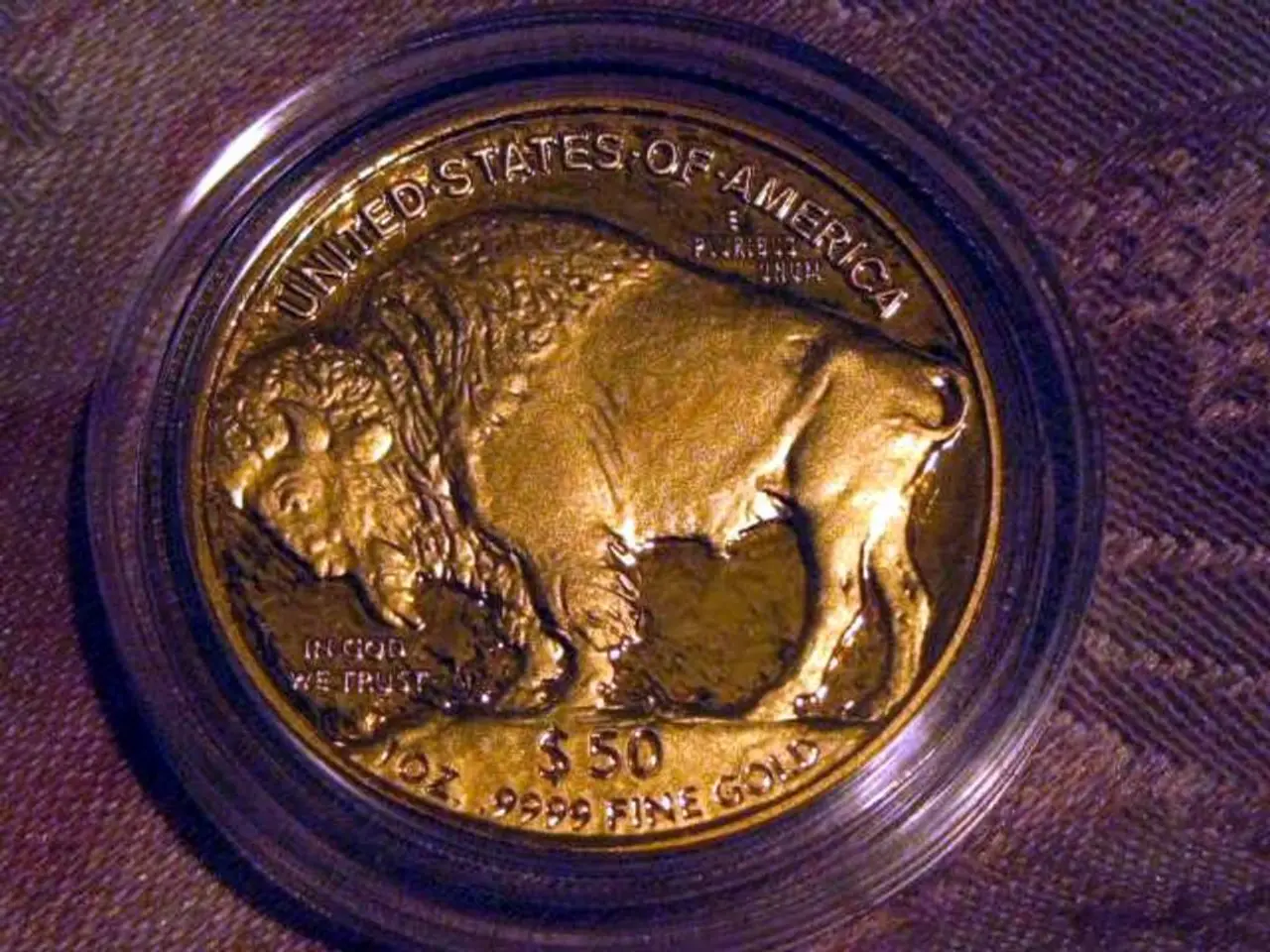Exploring Tether's Strategic Use of USAT Stablecoin: Potential Competition for USDC and Further Expansion
In a significant move for the stablecoin market, Tether, the issuer of the world's largest stablecoin USDT, has announced the launch of a new stablecoin, USAT, specifically for the US market. The announcement comes as Circle's USDC has seen growing adoption within the payments industry, and the rush of adoption of stablecoins among traditional fintech players within the US, prompted by the GENIUS Act.
Tether's move to launch USAT may be driven by market conditions and a response to the growing use of other stablecoins, particularly USDC. The new stablecoin is designed to comply with the recently-passed GENIUS Act, which regulates stablecoin issuance and activity in the US.
Bo Hines, the former Executive Director of the President's Council of Advisers on Digital Assets, has been appointed as USAT CEO. With USAT being entirely managed and operated from within the US, including leadership, the launch signifies a commitment to operating within the US regulatory framework.
USAT is a fully regulated US-based stablecoin, and it is supported by high-quality assets, audits, and full regulatory adherence. This positions it to set a higher standard and potentially challenge existing players like Circle by offering a safer and more compliant alternative.
The launch of USAT is a significant development in the stablecoin market, particularly in light of the recent passage of the GENIUS Act. The report will explore how market conditions have driven Tether to launch USAT and how USAT may challenge players such as Circle.
Tether's geopolitical significance is increased with the launch of USAT, as it signifies a commitment to operating within the US regulatory framework. The launch may influence the competitive landscape of the stablecoin market within the US, and it is expected to bring more transparency, compliance, and trust to the US stablecoin market.







